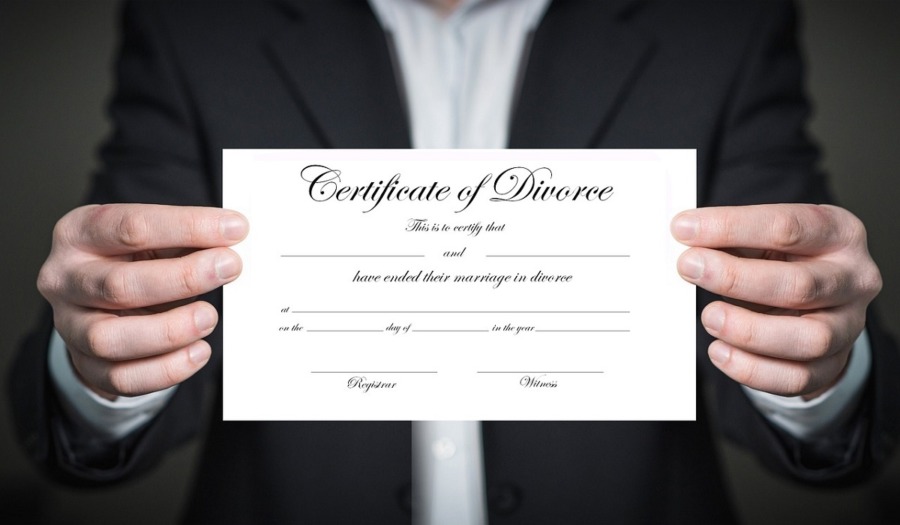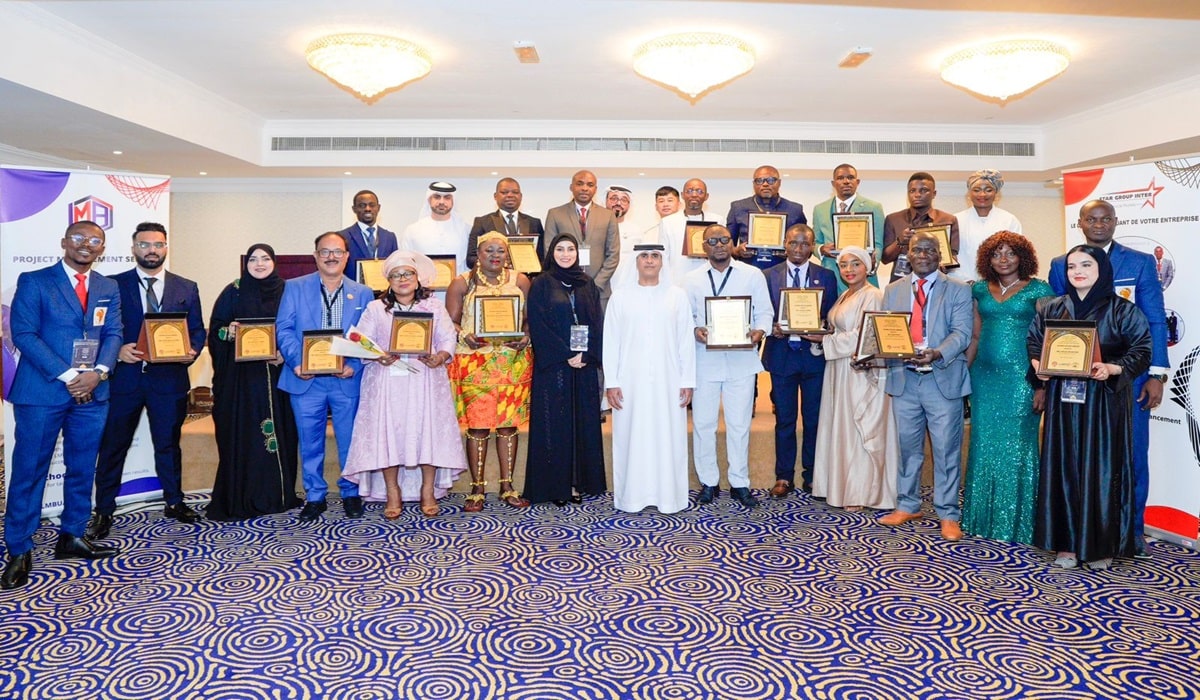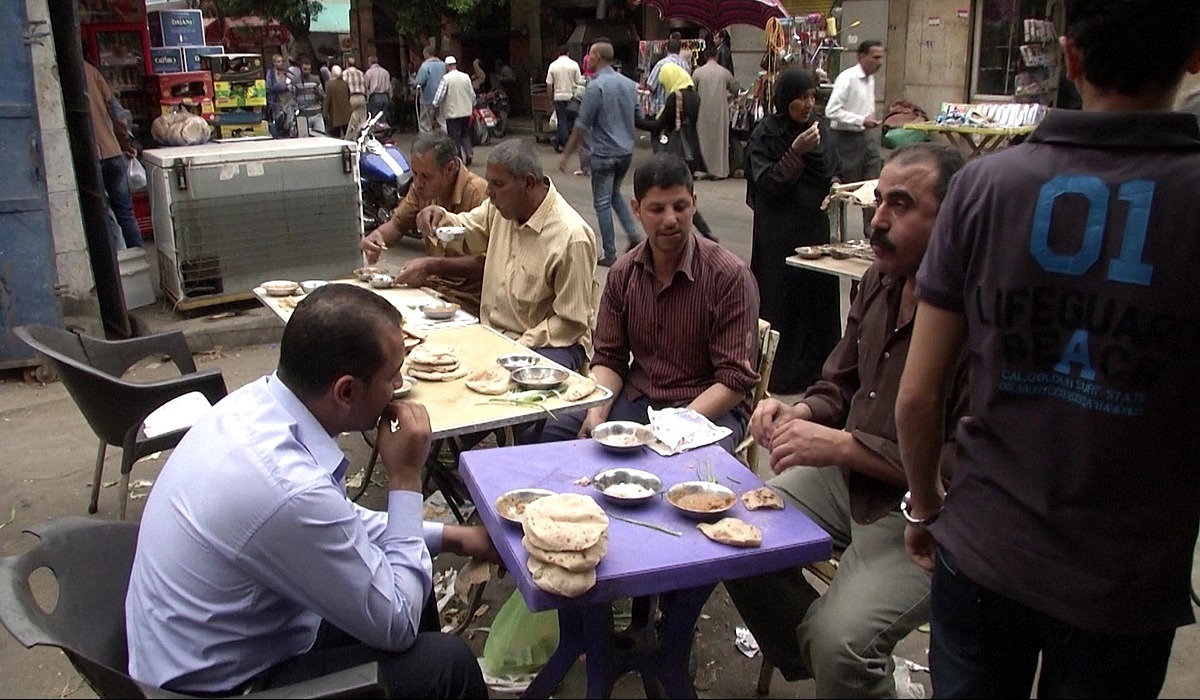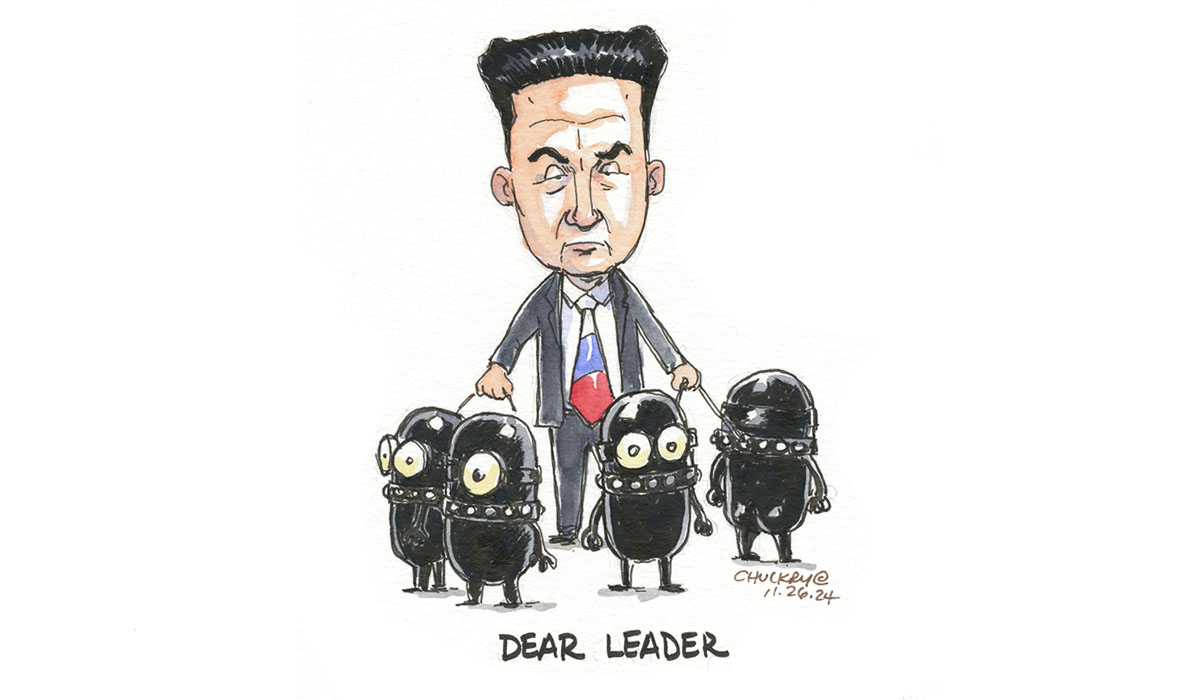A wedding day is often seen as one of the most beautiful and joyous moments in a person’s life. The promises made during the ceremony are considered sacred, symbolizing the union of two individuals, through richer or poorer, sickness and health, until death do they part. However, a growing movement has emerged recently, advocating for outlawing divorces, arguing that vows should be unbreakable and marriages should be honoured for life. While this notion of lifelong commitment is commendable, it is essential to recognize that the practicality of such a stance may not hold in the complexities of real-life situations.
The idea of cherishing the sanctity of marriage and the commitment to work through life’s challenges is undoubtedly praiseworthy. Die-hard wedding enthusiasts firmly believe that married couples should persevere, find common ground, and grow together regardless of the situation. The thought behind this movement stems from a deep-rooted desire to uphold the traditional values of marriage, fostering a sense of stability and continuity within families and society.
While the idea of lifelong commitment has its merits, it is essential to acknowledge the practical realities that individuals may encounter in their marital journeys. Many factors can profoundly impact marriage, ranging from financial strains, incompatible lifestyles, infidelity, abuse, and irreconcilable differences. In such instances, staying in a toxic or harmful marriage can lead to physical, emotional, and mental harm for both partners and any children involved.
One of the fundamental principles of life is the pursuit of happiness and personal well-being. Advocating for the outlaw of divorces overlooks the reality that some marriages may not be sustainable in the long term, and attempting to force individuals to remain in unhappy or abusive relationships can have severe consequences on their mental and emotional health. Recognizing that divorce can allow individuals to regain their self-worth, safety, and happiness is crucial.
Marriage vows are meant to be sacred, but it is vital to acknowledge that human nature is complex, and not all individuals may enter into marriage with pure intentions. In some cases, one partner may deceive the other or engage in harmful behaviour, breaking the foundation of trust upon which a marriage is built. In such situations, divorce may be the only viable option to protect one’s well-being and dignity.
It is essential to adopt a balanced perspective rather than advocating for the outlaw of divorces or promoting marriages at all costs. Encouraging premarital counselling, communication workshops, and support networks for married couples can be beneficial in fostering healthier relationships. Additionally, legal reforms can be implemented to ensure that divorce processes are fair, just, and considerate of the well-being of all parties involved.









